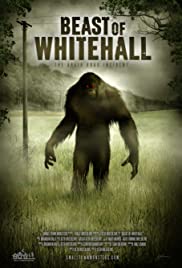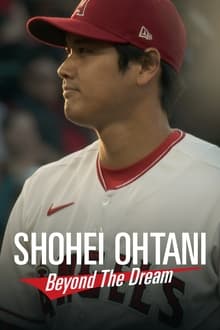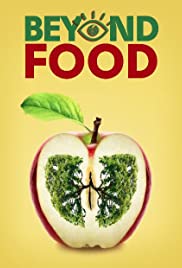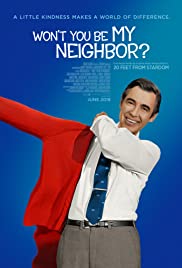
You May Also Like

This film is an intimate and moving cinematic record of Shohei Ohtani’s journey to MLB stardom. A faithful portrait of his talent development and battle with injuries, and his unique mindset to become a superstar ballplayer breaking all the barriers of race, language, discipline, and culture.

When “Take On Me” reached nr 1 on Billboard in the US in 1985, the dream came true. Or did it? The band was not prepared for what the success could bring, including tension between the three band members.

Beyond Food explores the ways a group of extraordinary people live amazing lives, eat delicious food while extracting more energy and mental focus from their daily rituals. Biohackers, Paleo, Vegan, Neuroscientists, Athletes, Foragers, Ranchers, Farmers, Gut scientists. Some of our characters are Dave Asprey (Bulletproof Exec), Mariel Hemingway, Laird Hamilton, James Hardt (Biocybernaut Institute Advanced Neurofeedback) Our target audience is everyone who is desiring to learn how to fuel and create an extraordinary life. Our main purpose is to share the lessons from the journey we lived because it changed our lives.

With more than 300 hours of film shot during the 2010 Tour, ‘No Room for Rockstars’ documents the true stories of modern era rock and roll . From the kids traveling cross country in a van playing parking lots to gain notice, to the veteran stage manager whose life was saved by the Tour, to the musician who crosses over to mainstream success while on the road.

In the 1960s, frustrated by the growing problem of urban pollution, Athelstan Spilhaus, a visionary scientist and futurist comic strip writer, assembled a team of experts to develop a bold experiment: the Minnesota Experimental City (MXC). MXC would be the city of the future, a domed metropolis for 250,000 pioneering residents, built from scratch and using cutting-edge technology to prevent urban sprawl and pollution. Things didn’t quite go as planned, as explored in Chad Friedrichs’ fascinating look back at the would-be city of tomorrow.

For over a thousand years, a secretive Buddhist sect has lived on an isolated monastery in Japan performing acts of extreme physical endurance in their pursuit of enlightenment. A filmmaker, struggling to reconcile his desires with his faith, sets off to the strict monastery in search of answers. When he arrives, his presence is not welcomed and the only monk who will speak with him is an outcast who prefers ice cream and Slayer to meditation. Together they forge an unlikely friendship that leads them to higher truths and occasionally, a little trouble. Shot over five years on three continents, Crows are White is an exploration of truth, faith and love, from the top of a mountain to the bottom of a sundae.

Danish culinary entrepreneur and Noma co-founder Claus Meyer has kickstarted a gastronomic revolution in Bolivia’s capital of La Paz with the opening of Gustu, a fine-dining restaurant and cooking school for the country’s impoverished youth. Kenzo, a hunter raised in the Bolivian Amazon, and Maria Claudia, a native of the Andean altiplano, have resettled in La Paz in order to pursue a career in the culinary arts. Under the tutelage of Meyer, these young Bolivians are working towards a better future as they attempt to establish their country as the world’s next great culinary destination.

Thirty-five years after it was made, the climatic car chase scene in The French Connection is still jaw-dropping in its suspense and execution. Director William Friedkin recounts how he created one of the greatest action sequences ever.

Constructed from a wealth of archival footage, the documentary follows Dr. Martin Luther King, Jr. from 1955 to 1968, in his rise from regional activist to world-renowned leader of the Civil Rights movement. Rare footage of King’s speeches, protests, and arrests are interspersed with scenes of other high-profile supporters and opponents of the cause, punctuated by heartfelt testimonials by some of Hollywood’s biggest stars.

Fred Rogers used puppets and play to explore complex social issues: race, disability, equality and tragedy, helping form the American concept of childhood. He spoke directly to children and they responded enthusiastically. Yet today, his impact is unclear. Have we lived up to Fred’s ideal of good neighbors?